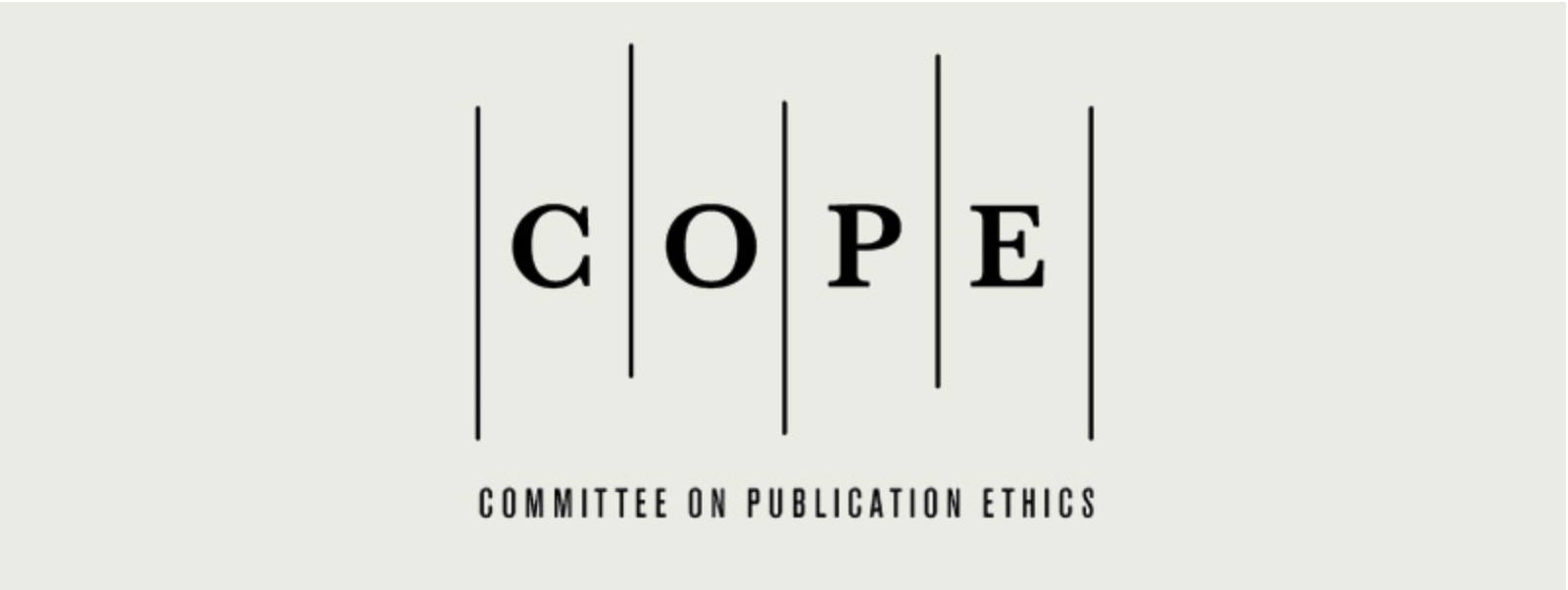Ethics and good editorial practices

1. Ethical Framework
Scientia et PRAXIS adheres to the Code of Conduct and Best Practice Guidelines for Journal Editors, issued by the Committee on Publication Ethics (COPE). All individuals involved in the editorial process—authors, reviewers, editors, and technical staff—must act in accordance with these principles, available at https://publicationethics.org.
2. Authorship Responsibilities
-
Submit only original, unpublished work that has not been simultaneously submitted to other journals.
-
Avoid self-plagiarism or the improper division of the same research into multiple publications.
-
Ensure the accuracy of data, the ethical collection of information, and an objective discussion of results.
-
Properly cite all sources and avoid plagiarism in any of its forms.
-
Disclose any conflicts of interest and acknowledge all sources of funding.
-
Limit self-citations and references to this journal to a maximum of three per manuscript.
-
Ensure that all co-authors have made a significant contribution to the work, have approved the final version, and agree to its submission.
-
Use respectful, non-sexist, and non-discriminatory language.
-
Scientia et PRAXIS does not permit the use of "@", "x", "e", or other symbols as grammatical substitutes, in accordance with the rules of the Spanish language.
-
If a significant error is discovered in a published article, the author must immediately notify the editorial team and cooperate in its correction or retraction.
3. Editorial Team Responsibilities
-
Evaluate manuscripts based on academic merit, without discrimination based on gender, ethnicity, nationality, sexual orientation, religion, or political opinion.
-
Maintain confidentiality throughout the editorial and peer review process.
-
Make publication decisions objectively and transparently, ensuring scientific quality and relevance.
-
Use similarity detection tools (e.g., iThenticate) to verify manuscript originality.
-
Communicate clearly and promptly with authors regarding the status and decisions on their submissions.
-
Refrain from publishing articles containing discriminatory, offensive, or ideologically biased content.
4. Reviewer Responsibilities
-
Provide objective, constructive, and ethically grounded evaluations.
-
Decline to review a manuscript in cases of conflict of interest or insufficient expertise.
-
Treat all manuscripts as confidential documents and do not disclose their content.
-
Report any suspected plagiarism, falsification, or unethical conduct.
-
Use the journal’s author guidelines as the basis for evaluation.
5. Inclusive Language Policy
-
Scientia et PRAXIS promotes the use of respectful, clear, and institutionally appropriate language in accordance with the norms of the Spanish language. Authors are encouraged to avoid sexist or discriminatory expressions and to use grammatical structures that respect linguistic economy, avoiding unnecessary duplications or artificial substitutions. The use of the generic masculine as an inclusive form is accepted, in line with academic conventions of the Spanish language. The use of symbols such as “@”, “x”, or “e”, or any other forms that alter grammatical structure, is not permitted.
-
Authors are encouraged to use language that acknowledges human diversity and promotes substantive equality.
-
Manuscripts containing discriminatory content based on gender, ethnicity, nationality, religion, disability, sexual orientation, or ideology will not be accepted.
6. Corrections, Updates, and Retractions
When errors, omissions, or irregularities are identified in published articles, Scientia et PRAXIS will follow COPE’s procedures to issue corrections, clarifications, or retractions as appropriate.
Authors are expected to cooperate in this process if they become aware of a significant error in their work.
7. Research Ethics, Anonymity, and Consent
In social sciences, arts, and humanities:
-
Informed consent is required when including interviews, observations, testimonials, or other personal data.
-
Anonymity and privacy must be protected when required by disciplinary ethics.
In science, technology, and medicine:
-
Research must comply with ethical standards such as the Declaration of Helsinki or applicable institutional regulations.
-
When applicable, the approval of a research ethics committee must be documented
Research ethics, anonymity and consents policies:






